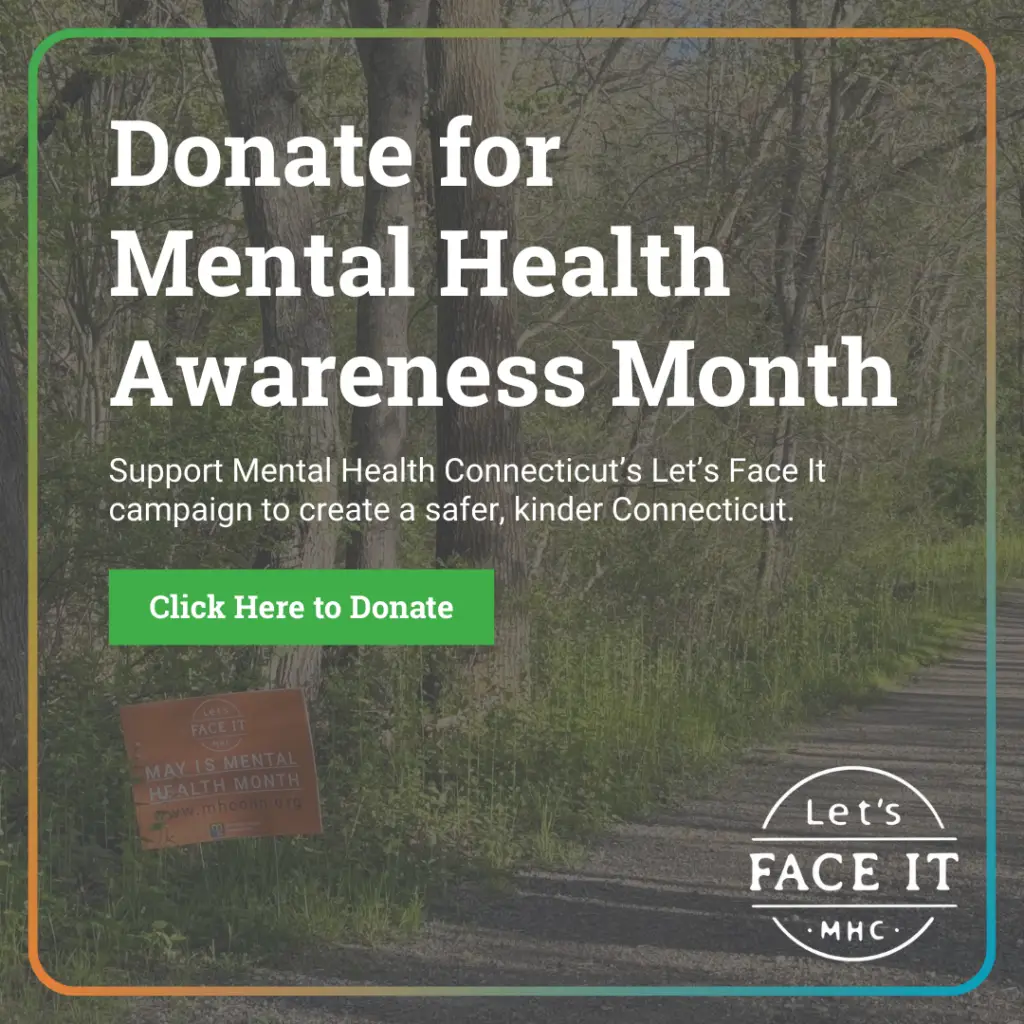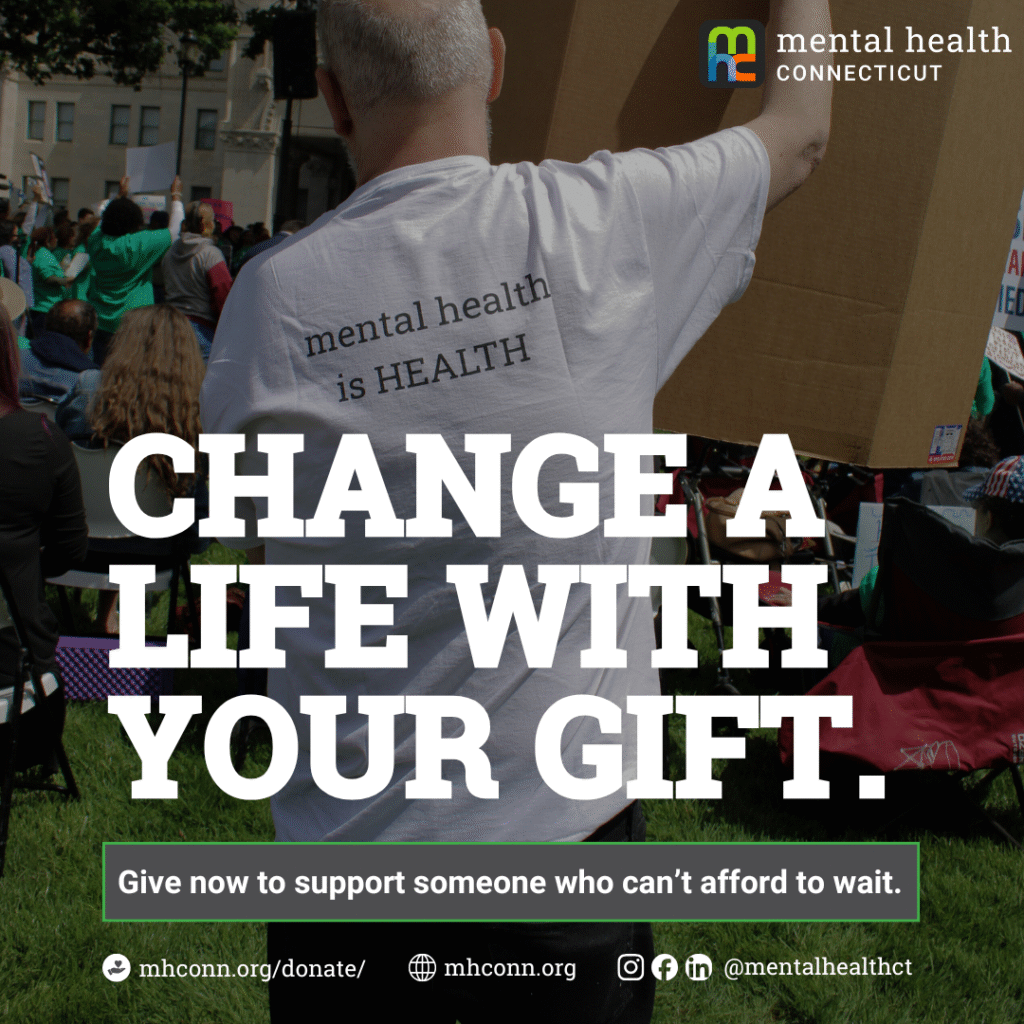Loneliness isn’t just a fleeting feeling; it’s a growing public health crisis. In Connecticut and across the nation, an increasing number of people are reporting feelings of isolation, disconnection, and social emptiness. However, here in the Nutmeg State, a strong coalition is working to change that.
While loneliness is often associated with aging or living alone, it can affect anyone, regardless of age, background, or circumstances. A 2023 report by the U.S. Surgeon General called loneliness “an epidemic,” citing links to depression, anxiety, substance use, and even physical health issues like heart disease and dementia.
In Connecticut, the numbers mirror a national trend. Surveys indicate that numerous residents, particularly older adults, young people, and caregivers, endure persistent loneliness. The repercussions extend outward, impacting communities, workplaces, and public systems.
The CT Collaborative to End Loneliness
Launched as a statewide initiative, the Connecticut Collaborative to End Loneliness unites nonprofits, mental health professionals, aging advocates, healthcare systems, and government agencies. Their goal is to develop long-term solutions that reduce social isolation and foster stronger human connections.
What They Are Doing
- Mapping Resources
They are identifying gaps in existing services and highlighting programs that already foster connection, such as community centers, support groups, and wellness programs. - Promoting Policy Change
From advocating for transit options friendly to seniors to pushing for laws that ensure mental health parity, the Collaborative is helping to shape policies that prioritize social connection as a vital aspect of health. - Educating the Public
Through campaigns and webinars, the Collaborative informs people about the genuine health impacts of loneliness and provides practical methods to reconnect with others and with themselves. - Centering Lived Experience
Perhaps most powerfully, they are amplifying the voices of those who have struggled with loneliness to inform programming and foster a sense of shared understanding.
What You Can Do
Loneliness often thrives in silence, but change begins with awareness and small actions. Here are some ways you can get involved or support yourself and others:
- Reach Out
Reach out to a neighbor, set up a coffee chat, or check in with someone who’s been quiet lately. A single act of connection can make a huge difference. - Join a Group or Class
From fitness programs to book clubs, shared activities foster relationships. Many communities in CT provide low- or no-cost options. - Volunteer
Helping others is a proven way to combat feelings of isolation. Whether it’s mentoring, delivering meals, or simply listening, your time holds great power. - Seek Support
If loneliness is affecting your mental health, don’t hesitate to reach out. Organizations like Mental Health Connecticut provide counseling, peer support, and wellness programs throughout the state.
The CT Collaborative to End Loneliness reminds us that connection is not a luxury; it’s a lifeline. While no single organization can solve this crisis alone, Mental Health Connecticut (MHC) works together with the CT Collaborative to End Loneliness to create a more connected and compassionate Connecticut.
To find local events, resources, and updates from the Collaborative, visit endlonelinessct.org, forallages.org, or connect with MHC at mhconn.org.
Click here to donate to support the work of the Collaborative.








